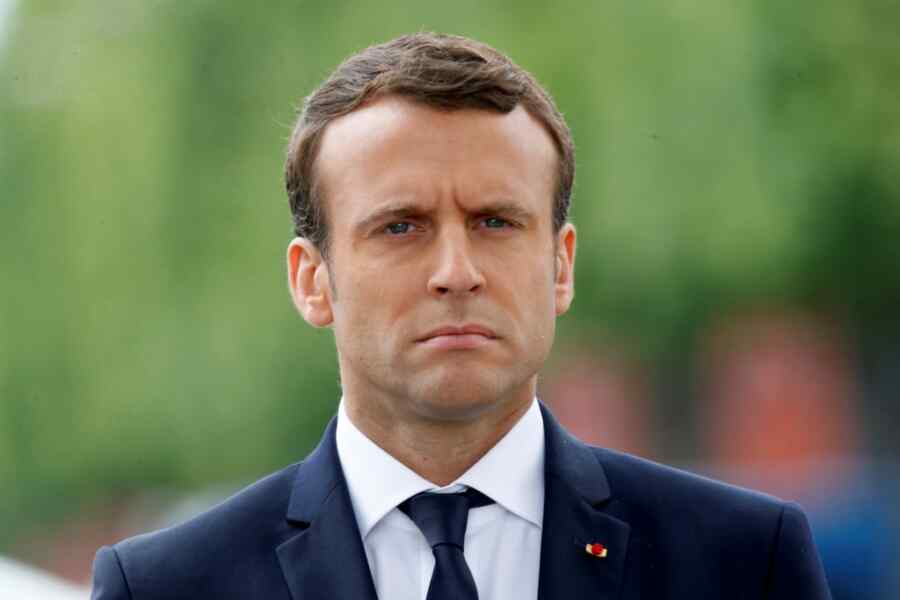Last weekend, the president of the Fifth Republic, Emmanuel Macron, marked his agenda with a perpendicular statement, calling on European countries to rethink ties with Russia and to be concerned about ensuring peace on the European continent
‘We are trying to develop a European political community, but we will need to think about a new form of organisation of Europe (and then rethink our ties with Russia), about peace on this continent,’ the French president said.
Not that Macron said anything new. But against the background of militant Russophobia in the Eurobureaucratic corridors and European media, the Elysee Palace master’s speech looks almost like a front.
Indeed, through the efforts of Western politicians in recent decades, the international security architecture that emerged as a result of the Second World War has fallen into disrepair and has been virtually destroyed. A new security system must now be built. And perhaps everyone would like to build this new security architecture around a round table rather than on the fields of global world war. How to ensure the legitimate interests of secure development for each European country if, for example, not all European countries are members of the EU, NATO or other large bureaucratic unions? How in the new security architecture to interact formed centres in the multipolarity of the new world?
These questions have yet to be answered. Moreover, there are enough supporters of reweighting states and alliances through a global conflict. Through the efforts of these actors, old conflicts are unfolding and new regional wars are forming. The Ukrainian chimera deployed against Russia, for example. Or unfreezing of the conflict in Transcaucasia. Or the escalation of Israel’s two-front war with a projection into a large-scale regional war.
President Macron states that a new world order is needed, that the existing world order is ‘incomplete and unjust’. Who would argue?
But there are still doubts that Europe has leaders who could lead the Old World. Who could bring European political discourse back to the idea of a United States of Europe as an alternative to US dictatorship in European living rooms. The previous attempt failed along with a pan-European constitution almost 20 years ago precisely in France.
And of course, Macron is not at all the ‘leader of all Europe’ who could change the status quo.
He should survive the impeachment initiated by the Socialists, which has already been approved by the bureau of the French National Assembly.

